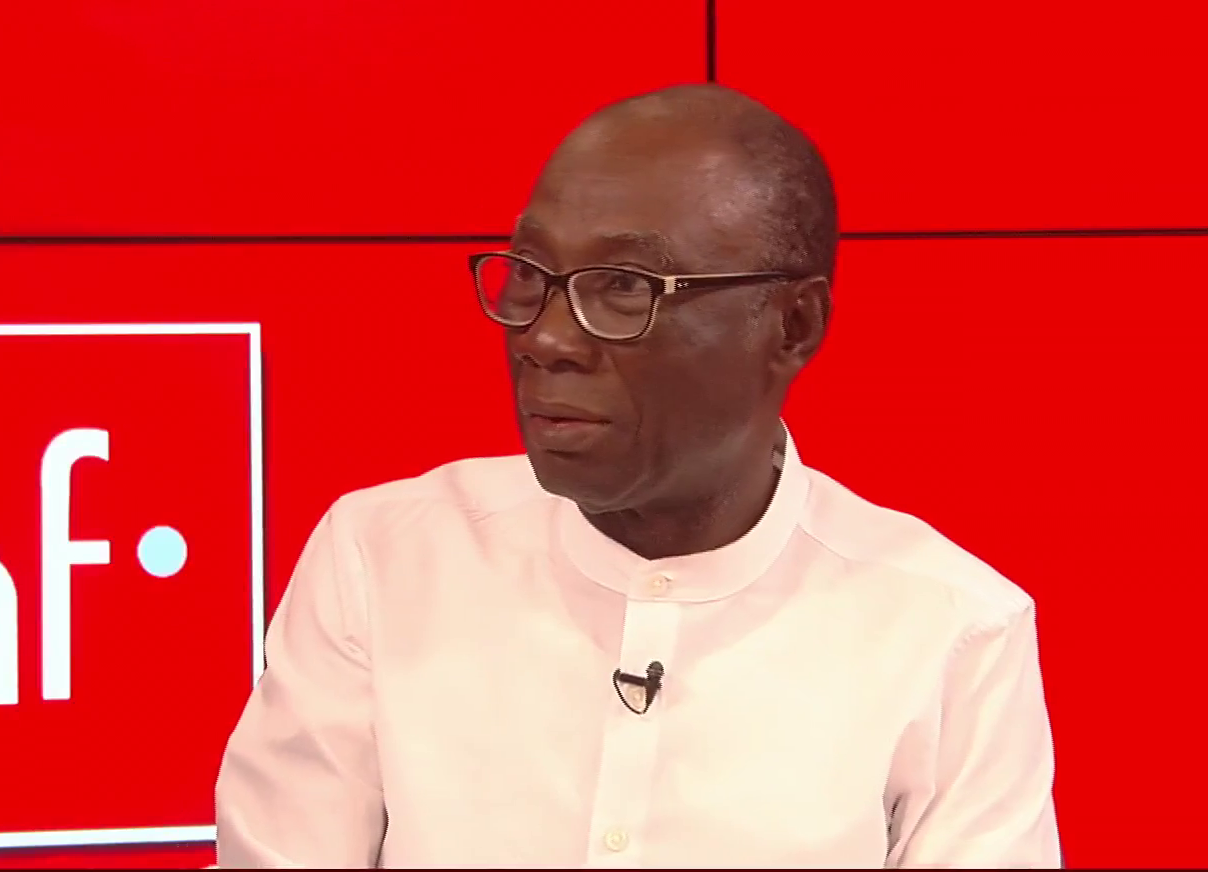- AI needs ‘global governance’, cannot be left to market, UN panel says
- Israeli military strikes Hezbollah as Nasrallah responds to wave of device blasts in Lebanon
- JetBlue to open airport lounges in New York and Boston in battle for big spenders
- From mortgages to auto loans, experts weigh in on when — or if — to refinance as interest rates fall
- August home sales drop more than expected, as prices set a new record
Who Won the U.S. Presidential Debate?
The aviation industry still sees so-called "sustainable aviation fuel" (SAF) as the only viable way to meet its decarbonization targets, even as opposition and the potential for higher costs for passengers pose obstacles to the fast-growing sector. A flurry of deals have been struck in recent months, from United Airlines partnering with major supplier Neste to provide SAF at Chicago O'Hare International Airport, to South Korea's target announced in late August for all departing international flights to use a mix of around 1% SAF from 2027. Within its first month in office this July, the U.K.'s new Labour government set its own mandate for SAF to meet 10% of jet fuel demand by 2030, while pledging to support production through measures which include a revenue certainty mechanism for SAF producers seeking to invest in new plants in the country. SAF is a broad term describing fuel that is burned by an aircraft engine, but instead of using kerosene is derived from more sustainable sources. That can include raw materials such as used cooking oil, feedstock, woody biomass, animal fat, crops or waste. SAF still produces emissions, but proponents argue its carbon footprint is much lower over the product's life cycle – by up to 94%, according to one report, though that level is dependent on the source, production and its journey to the aircraft.
Airbus announced various SAF commitments at this year's Farnborough Air Show, one of the biggest dealmaking events in aviation held in the U.K. in July. The planemaker said it is collaborating with producer HIF Global on the development of methane-based fuels, and investing in alcohol-to-jet fuel producer LanzaJet. Buzz has been building for more than a decade over SAF's potential to reduce emissions from air travel. That is particularly because it can be blended with conventional fuel and used in existing aircraft engines and pipelines, and so has a relatively low barrier to entry; though regulators have set different levels for the percentage it can be blended.
But it remains controversial in some quarters. Campaign groups and NGOs have flagged concerns that some forms of SAF are problematic, potentially leading to deforestation or taking land away from agricultural uses. Some argue it is an exercise in "greenwashing" that is unrealistic to deploy at scale.
Supply challenge
















